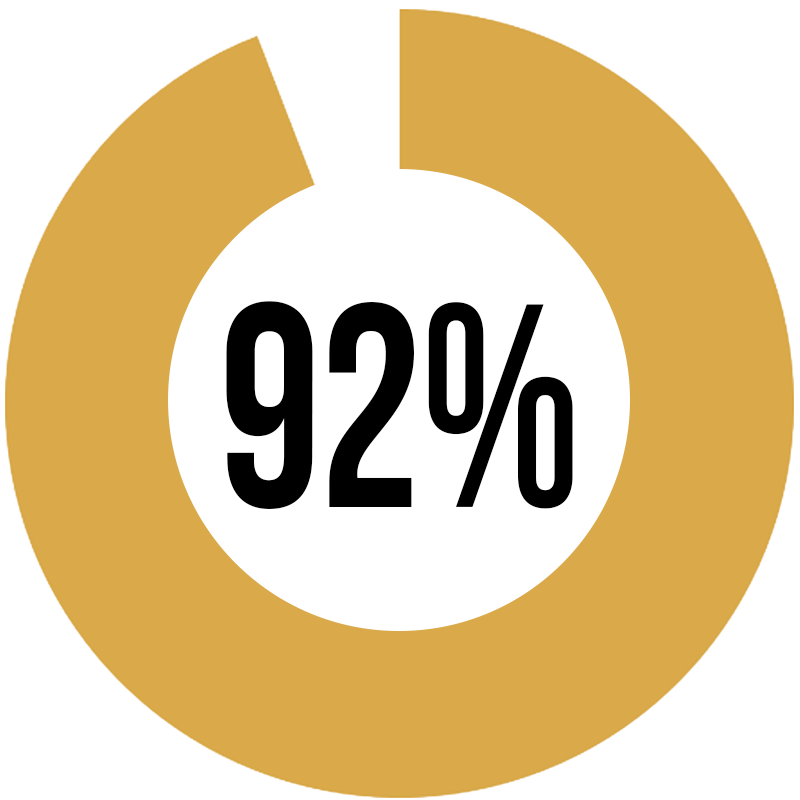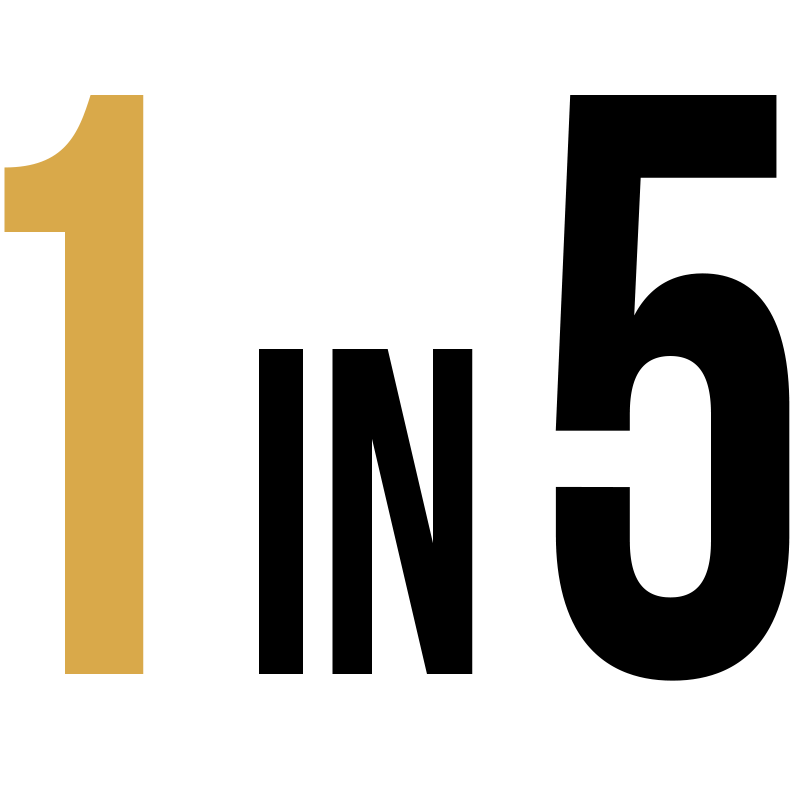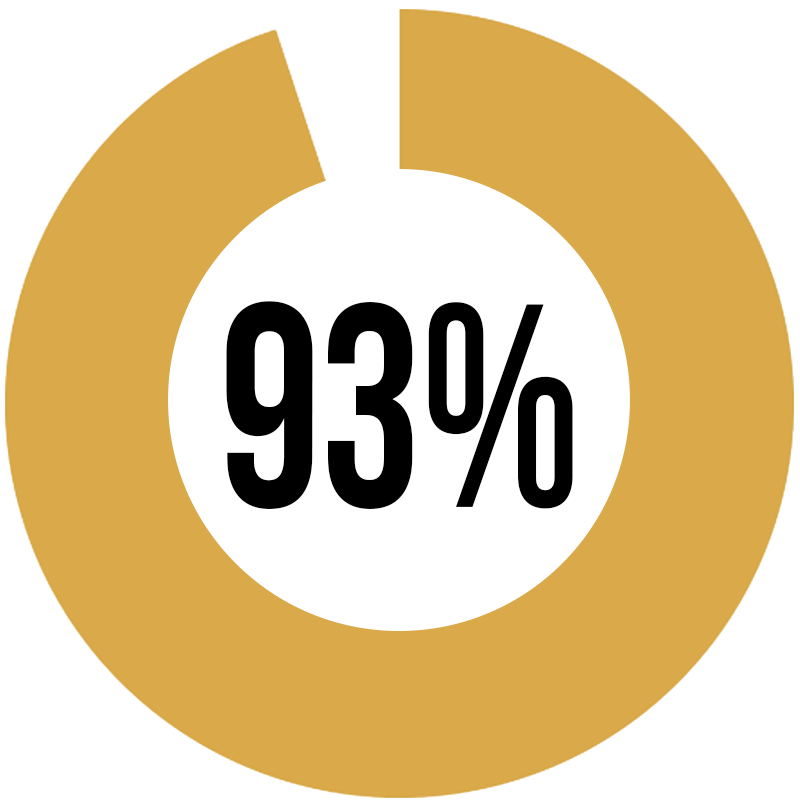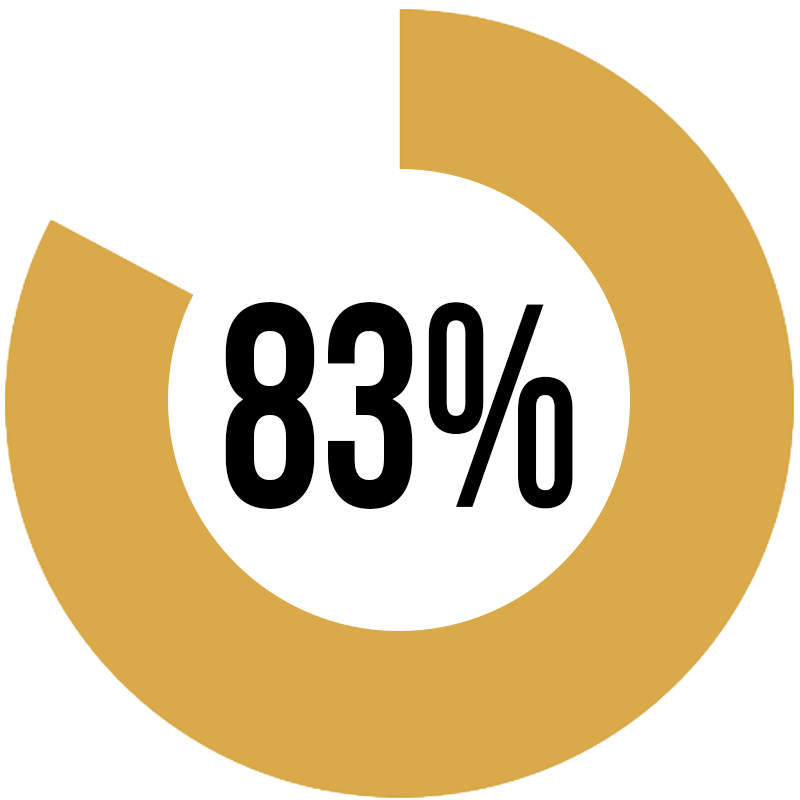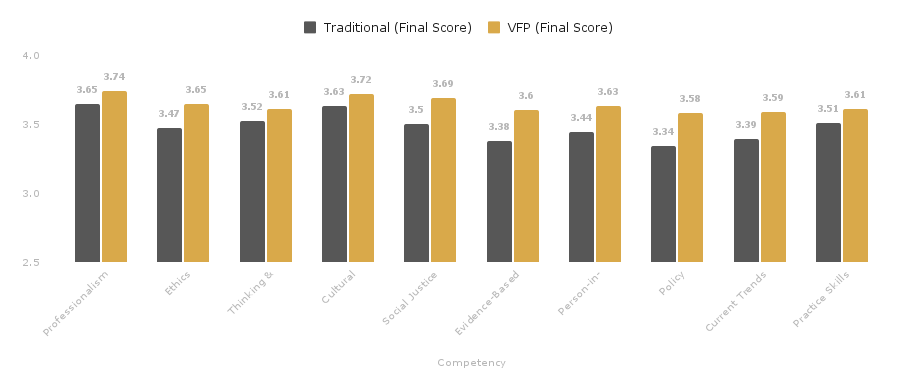Over the past decade, we've meticulously refined our curriculum strategies through comprehensive research and practical application, beginning with our trailblazing Virtual Field Placement program at the University of Southern California in 2012. This initial endeavor set the stage for the creation of the Virtual Field Experience in 2020, a fully immersive educational platform that integrates our accumulated insights and methodologies.
Under the leadership of our Vice President of Curriculum, Dr. Gary Wood, Ph.D., LCSW—who has earned the Best Practices Gold Award for Online Distance Learning Programming—our approach uniquely combines simulation with cinematic pedagogy. We've now adapted it to be seamlessly integrated into any educational program, making these validated teaching strategies accessible to learners globally.
